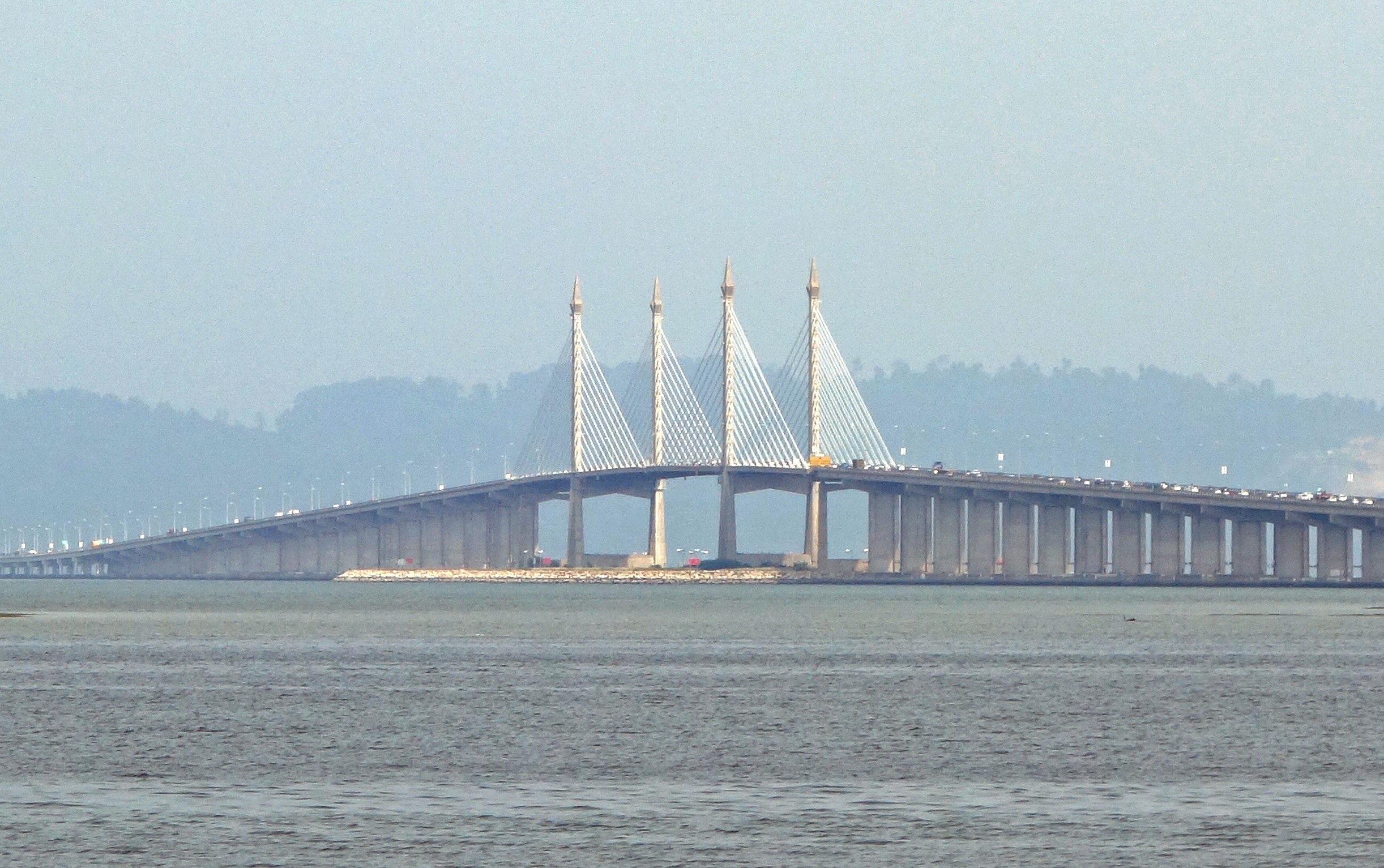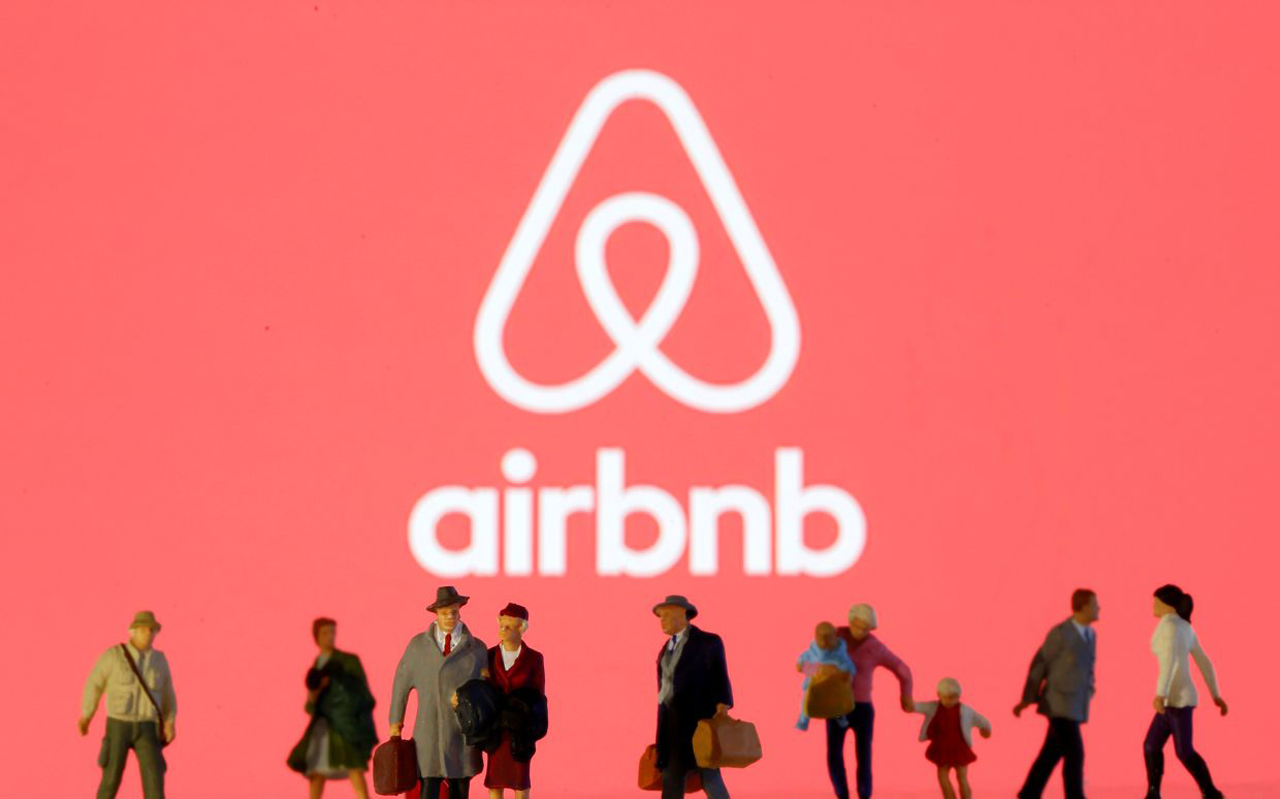The Penang government in late April announced that it is looking to impose a ban on short-term rentals of homes, with the aim to help revitalise its local hotel industry. Interestingly, despite being directly affected, popular homestay booking platform Airbnb expressed their support for the decision, calling it “move in the right direction.”
Mich Goh, the company’s head of public policy for the SEA region, India, Hong Kong and Taiwan, mentioned via a press release that Airbnb has always been supportive of fair and sensible regulations. Additionally, it also strongly welcomed Penang State Tourism and Creative Economy chairman Yeoh Soon Hin’s announcement of discussions with relevant ministries and agencies to set up new short-term rental accommodation (STRA) regulations. “We worked closely with the Malaysia Productivity Corporation (MPC) to share industry inputs on national STRA guidelines through the public consultation, and we look forward to doing the same with the Penang state government,” Goh said.
However, Airbnb also highlighted in the press release the concerns expressed by Penang-based hosts regarding the government’s initial proposal for “extremely onerous restrictions” on STRA in high-rise buildings and its potential impact on their livelihoods, as well as on local businesses and communities. This is especially given the fact that the hosts finally saw an opportunity to recover from the pandemic, thanks to the recent greenlight for domestic travel and the reopening of Malaysia’s borders to foreign tourists.

In that regard, Airbnb is urging the Penang government to reconsider its current proposal and look to existing mechanisms under the Strata Management Act, which will empower residents to decide if and how STRA should be run in their buildings. “It’s important to establish regulations that deliver positive outcomes for guests, Hosts, local communities and Penang’s tourism economy,” Goh said. “It’s never been more important to get this balance right and drive economic recovery, as well as sustainable growth into the future.”
Though initially announced to affect both landed and high-rise properties, Yeoh iterated that the ban will solely be imposed on the latter. He specifically noted that kampung-style homestays are allowed to operate as it is also allowed by the Ministry of Tourism, Arts and Culture (MOTAC) as a tourism product. The state government has yet to decide when the ban will take effect.
(Source: Airbnb press release / Bernama)
Follow us on Instagram, Facebook, Twitter or Telegram for more updates and breaking news.



